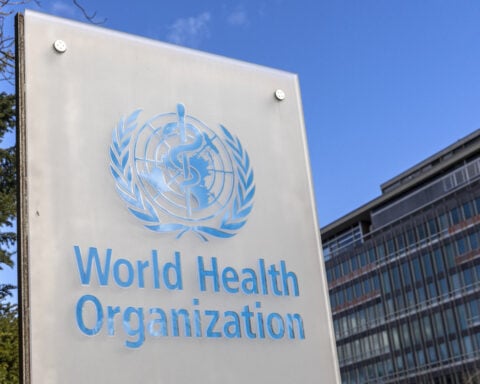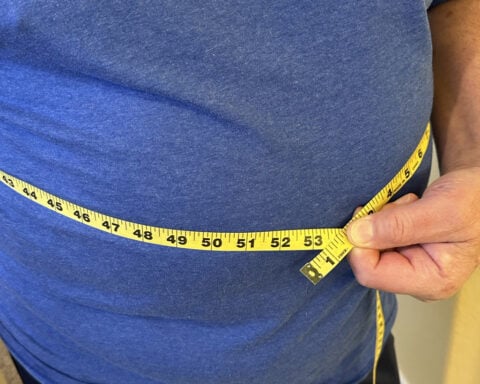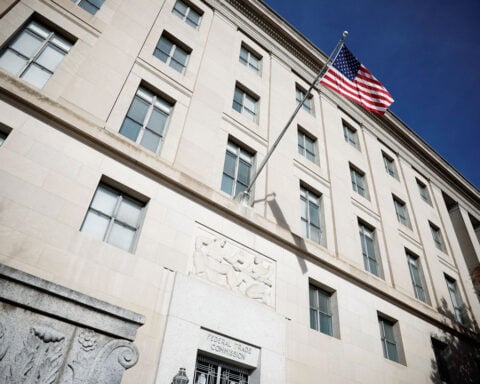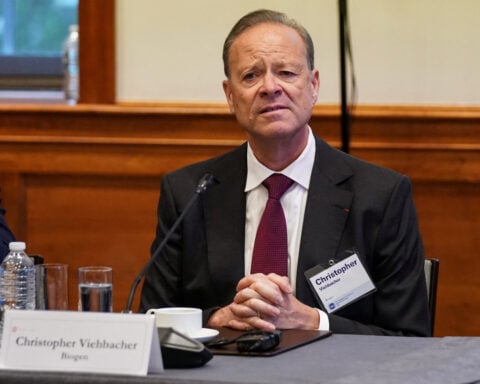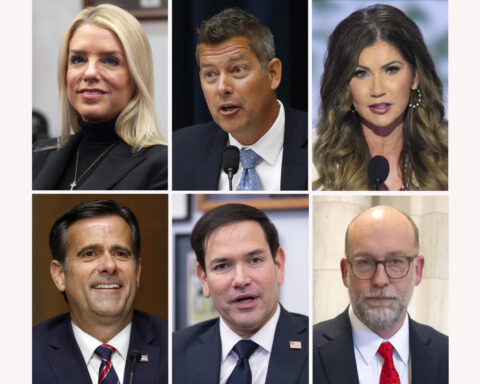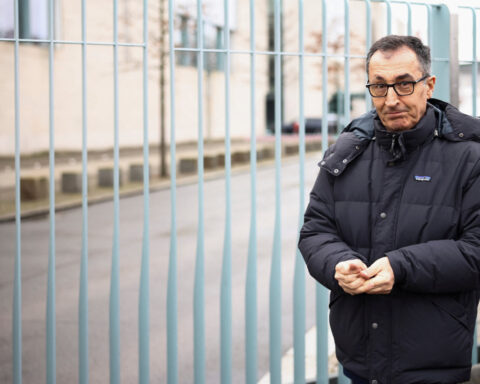On June 5, 2024, the Boston Red Sox placed relief pitcher Chris Martin on the 15-day injured list. It wasn’t for a sore shoulder, a tight elbow or a tweaked groin.
It was for anxiety.
Historically, the MLB’s injured list was used for players with physical injuries. If players missed time due to mental health ailments, the explanation given to the media and public was often intentionally vague: “personal reasons.”
When players did open up about their struggles, many reporters and fans criticized or questioned these diagnoses. In 2009, The New York Times published an article quoting a psychiatrist who doubted that a professional baseball player could suffer from social anxiety disorder.
“In baseball, you don’t hit most of the time and you make errors some of the time. You learn to deal with it,” the psychiatrist told the paper. “A person with social anxiety disorder would never have played to begin with.”
A lot has changed since 2009. There’s a growing focus on ensuring that professional athletes have access to mental health support.
The NBA in 2018 launched its Mind Health Program, which requires each team to have a licensed mental health professional available for players and staff. The NFL also mandates teams to retain a behavioral health clinician who is on site at least twice per week.
But what do fans think? Are athletes with mental health issues seen as weak? Do they become less likable?
In a series of studies, my colleagues and I have looked at how fans have responded to athletes opening up about their mental health struggles, and even missing time because of them.
Expectations of mental ‘toughness’
Even though strides have been made over the past couple of years, many people still have a difficult time opening up about their mental health struggles in the workplace.
According to a 2022 global survey, 58% of respondents said they felt uncomfortable discussing their mental health issues on the job. Many of them fear being penalized for their struggles.
In sports, the situation can be even worse.
Elite athletes experience a higher prevalence of mental health problems than the general population, exacerbated by a sports culture that emphasizes mental toughness. Getting regular treatment for physical injuries is viewed as part and parcel of the job. But seeking help for mental health problems can be seen a sign of weakness.
This cultural stigma discourages athletes from talking about their mental health. Some of them might fear rejection or disbelief from teammates and fans. Others might worry about losing out on sponsorship opportunities or bigger contracts. Poor mental health literacy among many athletes and coaches also serves as an additional barrier.
However, the narrative is slowly changing, thanks in part to high-profile athletes like Kevin Love, DeMar DeRozan, A’ja Wilson and Michael Phelps who have come forward with their mental health struggles in recent years. Their stories, featured across mainstream media and sports networks, have helped the public recognize that these admired athletes are just as vulnerable to mental health conditions as anyone else.
A turning point
A pivotal moment came when tennis star Naomi Osaka withdrew from the 2021 French Open, citing mental health reasons.
Grand Slam tournament organizers had fined Osaka and threatened her with disqualification and future bans if she did not fulfill her media obligations, which eventually led Osaka to withdraw from the tournament.
The decision sparked a heated debate. Various media outlets and fans criticized Osaka, arguing that as a professional athlete, managing media duties was part of her job.
However, some notable personalities, including Serena Williams and Martina Navratilova, praised her for prioritizing her mental health. Nike, one of her main sponsors, publicly supported her decision and stood by her during the controversy.
In a 2022 study, we analyzed the public’s response on social media to Osaka’s actions. On Twitter – now known as X – we were surprised to find an outpouring of support: 51% of all related posts and replies applauded her decision. Just 19% expressed negative sentiments, while the remaining 30% were neutral.
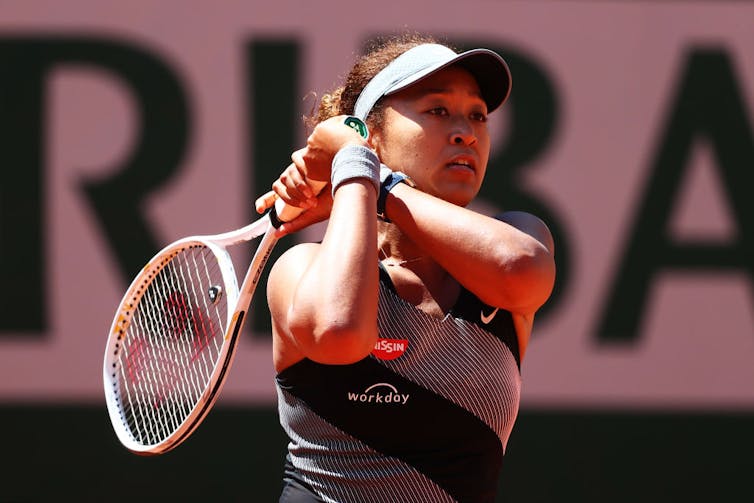
Osaka went on to be featured on the cover of Time magazine – not because she had won another Grand Slam tournament, but because she had sparked broader conversations about mental health in sports. Later that summer, gymnast Simone Biles withdrew from the women’s team gymnastics final at the Tokyo Olympics, citing mental health reasons.
Osaka’s actions also spurred changes in league governance. The Grand Slam committee, which had fined her for missing a press conference during the 2021 French Open, went on to make a commitment to address players’ mental health concerns.
Humanizing athletes
In our most recent study, we wanted to explore how fans perceive athletes who disclose mental health issues as opposed to those who talk about their physical injuries.
Was there any truth to the stigma feared by some athletes and coaches?
We presented 255 participants living in the U.S. with two scenarios. In one, there was an athlete who took a break because of mental health struggles. In the other, the athlete took time off to deal with a physical injury.
The only difference between the conditions was the reason for the athlete’s time off. Respondents were randomly assigned to one of two conditions. After reading their assigned scenario, they then conveyed the level of warmth they felt toward the athlete and the extent to which they viewed the athlete as competent.
Based on our findings, it appears that fears of backlash are largely unfounded.
In fact, the study’s participants actually felt more warmth toward athletes with mental health conditions. And they viewed them as just as capable of performing as athletes who had to deal with physical injuries.
In other words, fans seem to appreciate athletes who initiate these difficult conversations and prioritize their mental well-being. As for players who fear losing sponsorship deals because of going public with their mental health issues, if anything, fans may see them as more personable and relatable, enhancing their appeal as brand ambassadors.
That’s just what happened with Chris Martin.
Fans, teammates and the media were by and large supportive. The club’s manager, Alex Cora, applauded Martin for his openness about his struggles, as did chief baseball officer Craig Breslow.
To me, it’s clear that the tide is turning. Athletes no longer need to suffer in silence.

Dae Hee Kwak does not work for, consult, own shares in or receive funding from any company or organization that would benefit from this article, and has disclosed no relevant affiliations beyond their academic appointment.
Source: The Conversation

 78 dead at abandoned South Africa gold mine that was scene of a standoff. Toll is expected to rise
78 dead at abandoned South Africa gold mine that was scene of a standoff. Toll is expected to rise
 China blacklists four U.S. companies for involvement in arms sales to Taiwan
China blacklists four U.S. companies for involvement in arms sales to Taiwan
 China, Sri Lanka agree more investment and economic cooperation
China, Sri Lanka agree more investment and economic cooperation
 Poland's leader accuses Russia of planning acts of terror against 'airlines over the world'
Poland's leader accuses Russia of planning acts of terror against 'airlines over the world'
 Portugal's growth likely accelerating, finance minister says
Portugal's growth likely accelerating, finance minister says
 Italy's Salvini faces calls to quit over late-running trains
Italy's Salvini faces calls to quit over late-running trains
 Look of the Week: Timothée Chalamet adopts London’s most stylish accessory
Look of the Week: Timothée Chalamet adopts London’s most stylish accessory
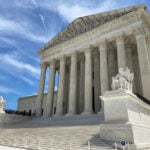 Texas online porn age-verification law goes to US Supreme Court
Texas online porn age-verification law goes to US Supreme Court
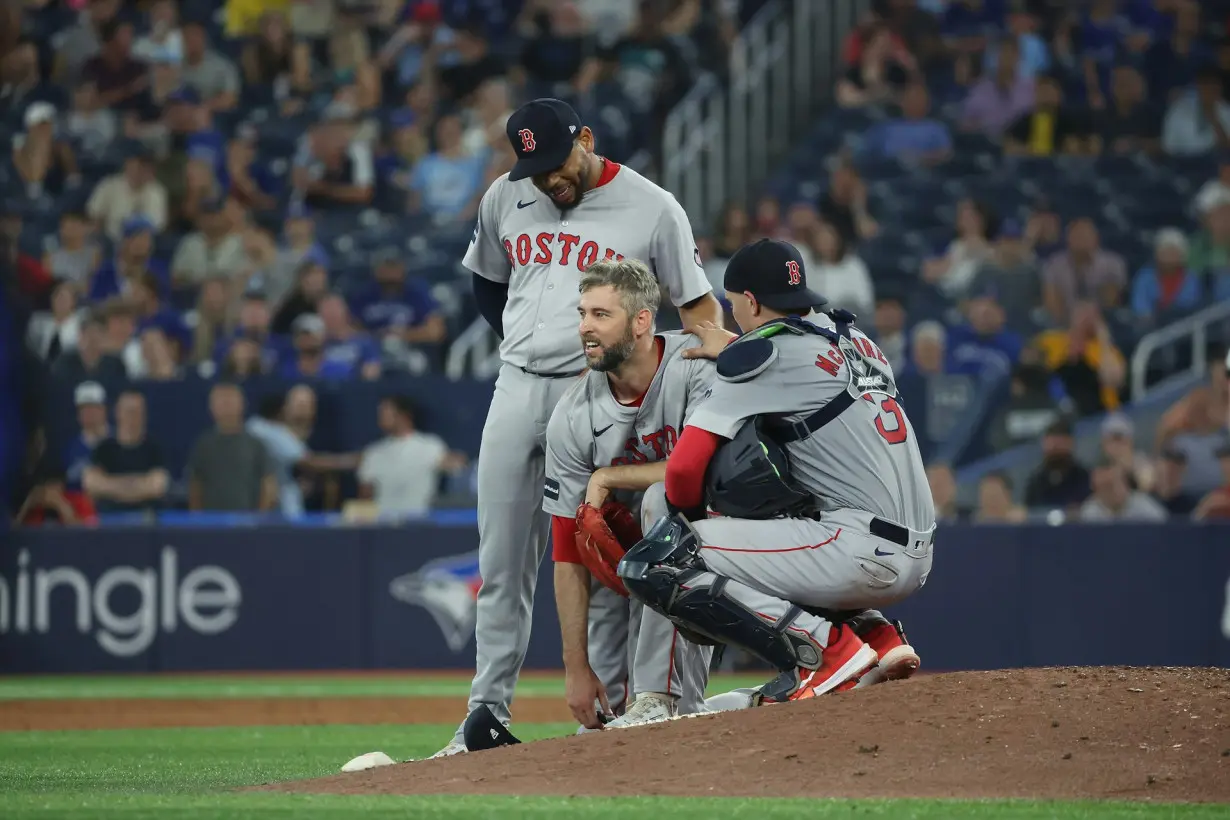 Teammates check on Boston Red Sox pitcher Chris Martin after he fell to the ground fielding a ball during a game on June 19, 2024.
Teammates check on Boston Red Sox pitcher Chris Martin after he fell to the ground fielding a ball during a game on June 19, 2024.
